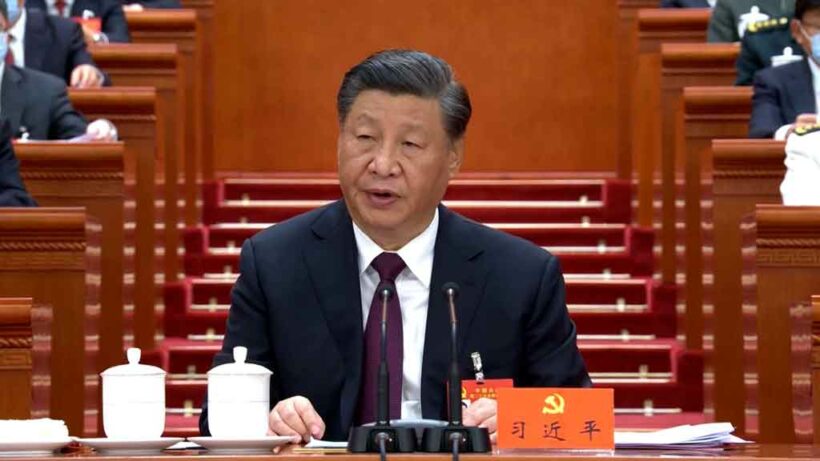Xi Jinping, general secretary of the Communist Party of China (CPC), called today to preserve the aspirations and the founding mission of the grouping, expressing confidence that it will reach new achievements on the road to modernisation.
During the closing ceremony of the 20th Congress of the political organisation, he called on the militants to always keep in mind that “the country owes it to the people” and never forget the fundamental interests of the nation.
He called for strengthening unity and working closely with the CPC Central Committee in the face of the persistent internal and external challenges China will face as it moves towards realising its dream of becoming a modern socialist state.
Xi considered that this Congress demonstrated the strength, solidarity and dedication of the communist force, and its results and plans will be significant in the pursuit of realising future goals.
Among other things, he urged the militancy to “have historical initiative, the courage to fight and ensure victory” in the face of any challenge.
The CCP concluded its Congress on Saturday with the election of 376 full and alternate members of its 20th Central Committee, as well as 133 members of the 20th Central Commission for Discipline Control.
New names were added to the first body’s roster and prominent figures such as Premier Li Keqiang, National People’s Congress Chairman Li Zhanshu, Political Consultants’ Conference Chairman Wang Yang and Shanghai Party Secretary Han Zheng left.
It is now up to the Central Committee tomorrow to appoint the membership of the CCP’s Political Bureau, the members of its Standing Committee and the General Secretary of the communist organisation, during its first plenary session.
After seven days of deliberations, the Party Congress approved two internal reports on management, achievements and pending challenges since the previous edition in 2017, as well as draft amendments to the constitutive text.
The latest text seeks to bring the CCP in tune with the new situation and tasks that will enable it to advance socialism with Chinese characteristics, achieve the country’s modernisation and prosperity in all layers of society by the middle of the century.
These changes should fully represent the most recent revision of Marxism, new concepts of governance, and experiences in adhering to and strengthening the political formation.










